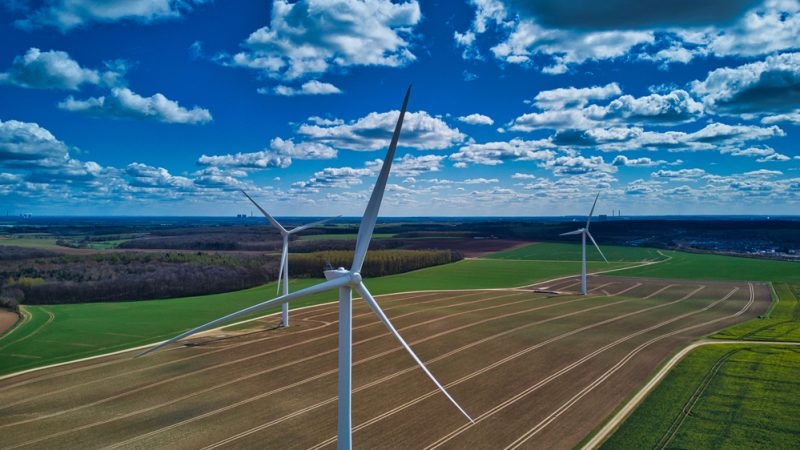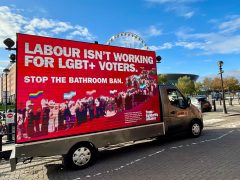
This week, after much speculation in the media, the government finally revealed its legislative plan for the next Parliament in the form of the King’s Speech. With energy prices looking set to remain high well into the future, and many households facing even bigger bills than last winter, we should have seen major action to tackle our broken energy market.
Instead, the only piece of energy legislation included in the speech, in the Energy Secretary’s own words, “wouldn’t necessarily bring down bills”.
As the country continues to battle with the ongoing energy crisis alongside the climate emergency, this was the government’s chance to tackle these issues head on and put practical solutions forward in legislation. Instead, there were no solutions, no ideas, and no ambition to tackle two of the biggest issues our country faces.
This inaction on energy is in stark contrast to Labour, which is forcing a debate today on their plans to make Britain a clean energy superpower. The party has put ambition on energy at the heart of their plans for government.
GB Energy plans fly under the radar, but are highly ambitious
While creating a new publicly-owned energy company in the form of GB Energy has rightly captured headlines, it’s what GB Energy will actually do that is even more ambitious – yet has comparatively flown under the radar.
Labour has done what the Conservatives have not, and taken notice of the growing grassroots revolution in community-owned energy – where communities own and profit from renewable energy projects built in their area.
Community energy, in the words of the government’s own Net Zero Tsar, has been “neglected” by the current government. Yet despite one hand being tied behind their backs, community-owned energy projects have continued to grow in popularity.
In Bristol, the community of Lawerence Western battled through barriers and government red tape to build the biggest on-shore wind turbine in England – and it is 100% community-owned. That scheme now supplies power to over 3,000 homes with the profits made going back into the pockets of the local community.
Under a Labour government, GB Energy’s first major programme will be to build on examples like that of Lawrence Weston and create cheaper, cleaner power in cities, towns and villages across the country.
The biggest ever boost to community-owned energy
Up to £1 billion a year will be invested in community green energy schemes, with £400m earmarked for community-owned energy. This will help power more than two million homes and creating up to one million individual owners of energy across country, democratising energy production and putting community power and profit at the centre of the transition to Net Zero.
With a combination of loans, grants, and reforms to planning, it would mark the biggest ever expansion of community-owned energy in the UK – spreading the benefits of community-owned energy for all to enjoy and tearing down the barriers to entry which many community-owned schemes face.
Like Energy Security and Net Zero Secretary Ed Miliband said at this year’s Co-operative Party annual conference: “We’re facing three crises as a country: we face a cost of living crisis, we face a long-term economic crisis and we face a climate crisis… we have an agenda to tackle all three together, that’s Labour plan and community energy is at the heart of this.”
For me, this is what a transformative energy policy looks like. Not one which empowers oligarchs and allows multinational oil and gas companies to make record profits, but one that instead puts local people back in the driving seat.
It’s clear from the King’s Speech that we won’t get that ambition from the Conservatives – so all we need now is a Labour and Co-operative government in Number 10 to deliver it.







More from LabourList
‘Tackling poverty should be the legacy of Keir Starmer’s government’
‘The High Court judgment brings more uncertainty for the trans community’
‘There are good and bad businesses. Labour needs to be able to explain the difference’